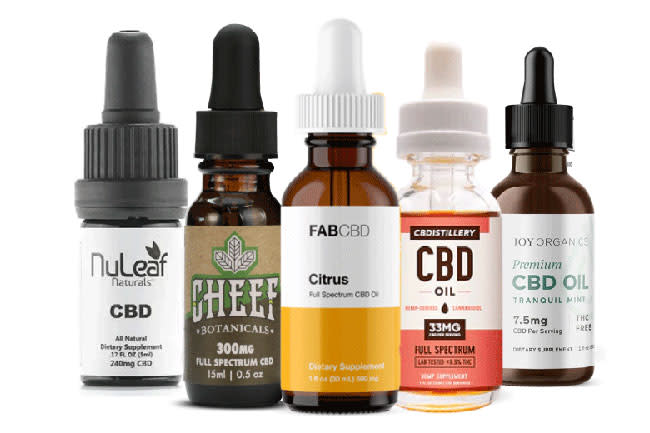A new study, published in The Lancet Psychiatry, has found that cannabinoid (CBD) could help people quit cannabis if given in prescribed doses.
Researchers conducted a randomized clinical trial on 82 participants with cannabis use disorder who were motivated to quit using marijuana, with one group received CBD and other a placebo.
The researchers tested three different doses of CBD – 200 mg, 400 mg, or 800 mg – in order to understand which dose is most effective.
In the first stage of the study, 48 volunteers received three doses of CBD or a placebo. The researchers discovered that the lowest dose of 200mg CBD was ineffective so they dropped it from the study.
In the second stage of the study, an additional 34 volunteers received 400 mg or 800 mg CBD, or placebo. The researchers found that CBD 400 mg or 800 mg was much more effective than a placebo at reducing the use of cannabis.
The study findings showed that participants who were treated with CBD had lower levels of cannabis in their urine, with an increased number of days abstinent that those who were given a placebo.
In addition, prescribed CBD was well-tolerated, with no increase in side effects. More than 90% of participants completed CBD treatment.
Lead author of the study Dr. Tom Freeman of the University of Bath said, “The results from our trial open up a novel therapeutic strategy for managing problematic cannabis use in clinical settings.”
“As we highlight, CBD at daily oral doses of 400mg and 800mg has the potential to address the substantial and currently unmet clinical need for a pharmacological treatment of cannabis use disorders,” he added.
Dr. Freeman explained, “Whilst it may seem counterintuitive to treat problematic cannabis use with CBD—a constituent part of the cannabis plant—THC and CBD have contrasting effects on our own endogenous cannabinoid system. Unlike THC, CBD does not produce intoxicating or rewarding effects and it shows potential for treating several other medical disorders.”
However, currently, there are no recommended pharmacotherapies to help people with cannabis use disorder to kick the habit.
The study findings suggest that CBD could be a promising treatment strategy, which adds to existing research on how CBD can be used for the treatment of severe childhood epilepsy syndromes and psychosis.
More importantly, CBD treatment does not include any of the intoxicating elements of tetrahydrocannabinol (THC), a psychoactive substance that produces the high sensation.
Senior author Prof. Valerie Curran of the University College London, UK, said, “Our findings indicate that CBD doses ranging from 400mg to 800mg daily have the potential to reduce cannabis use in clinical settings, but higher doses are unlikely to bring any additional benefit.” “Larger studies are needed to determine the magnitude of the benefits of daily CBD for reducing cannabis use,” she added.























